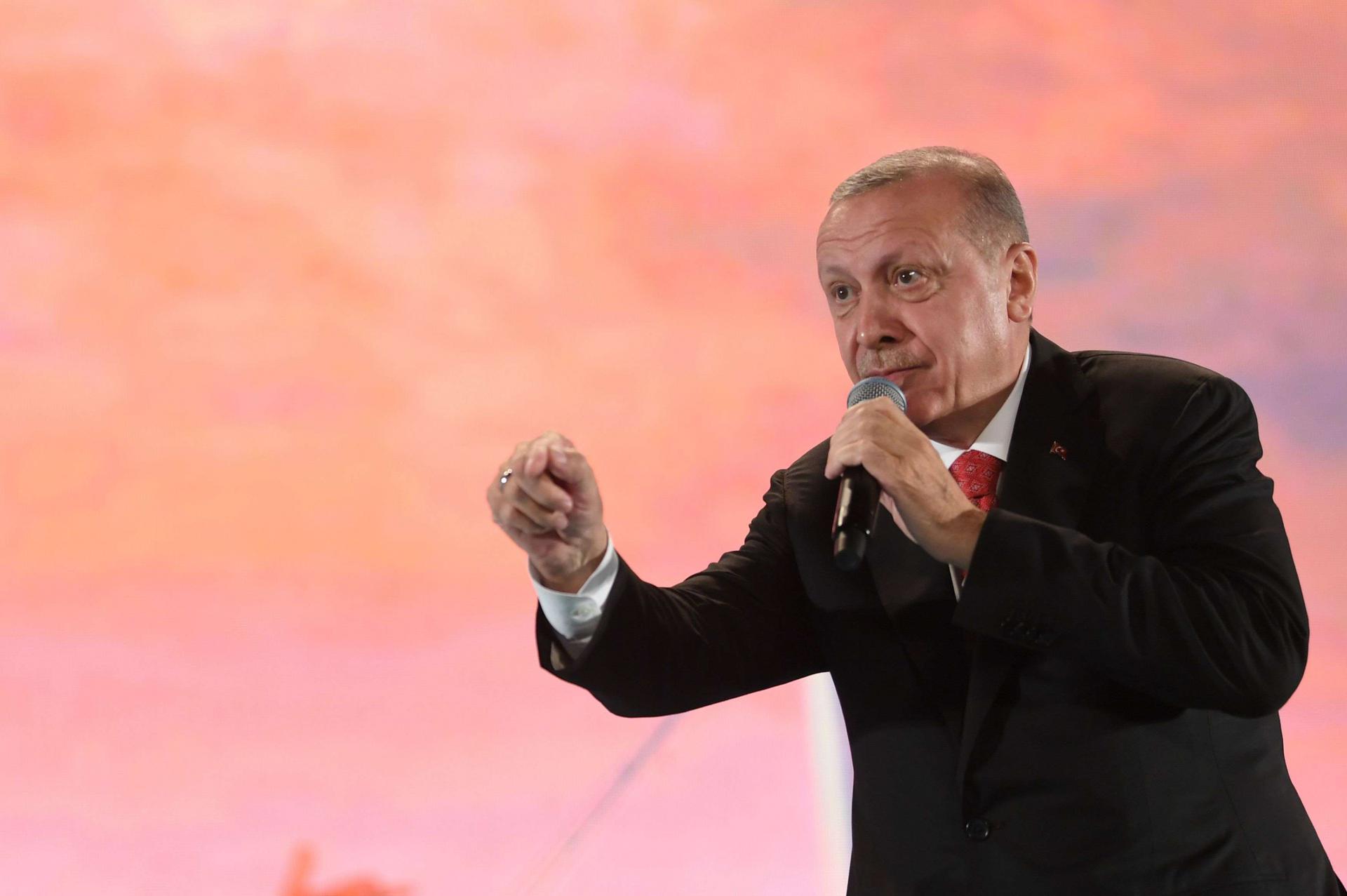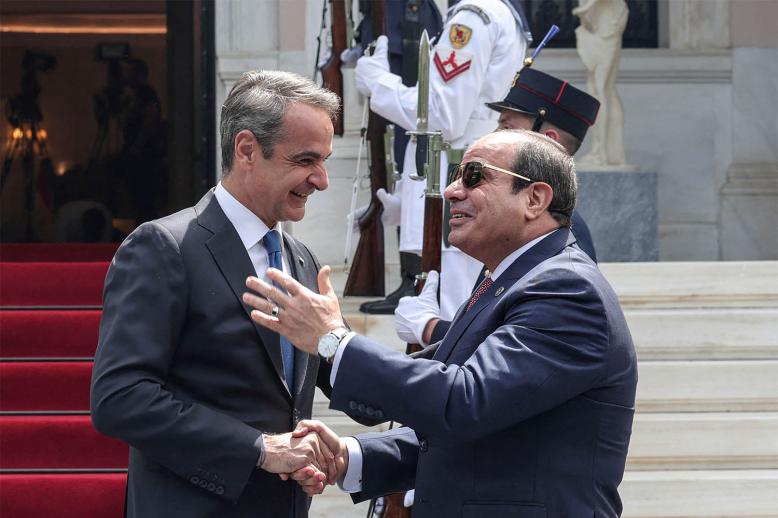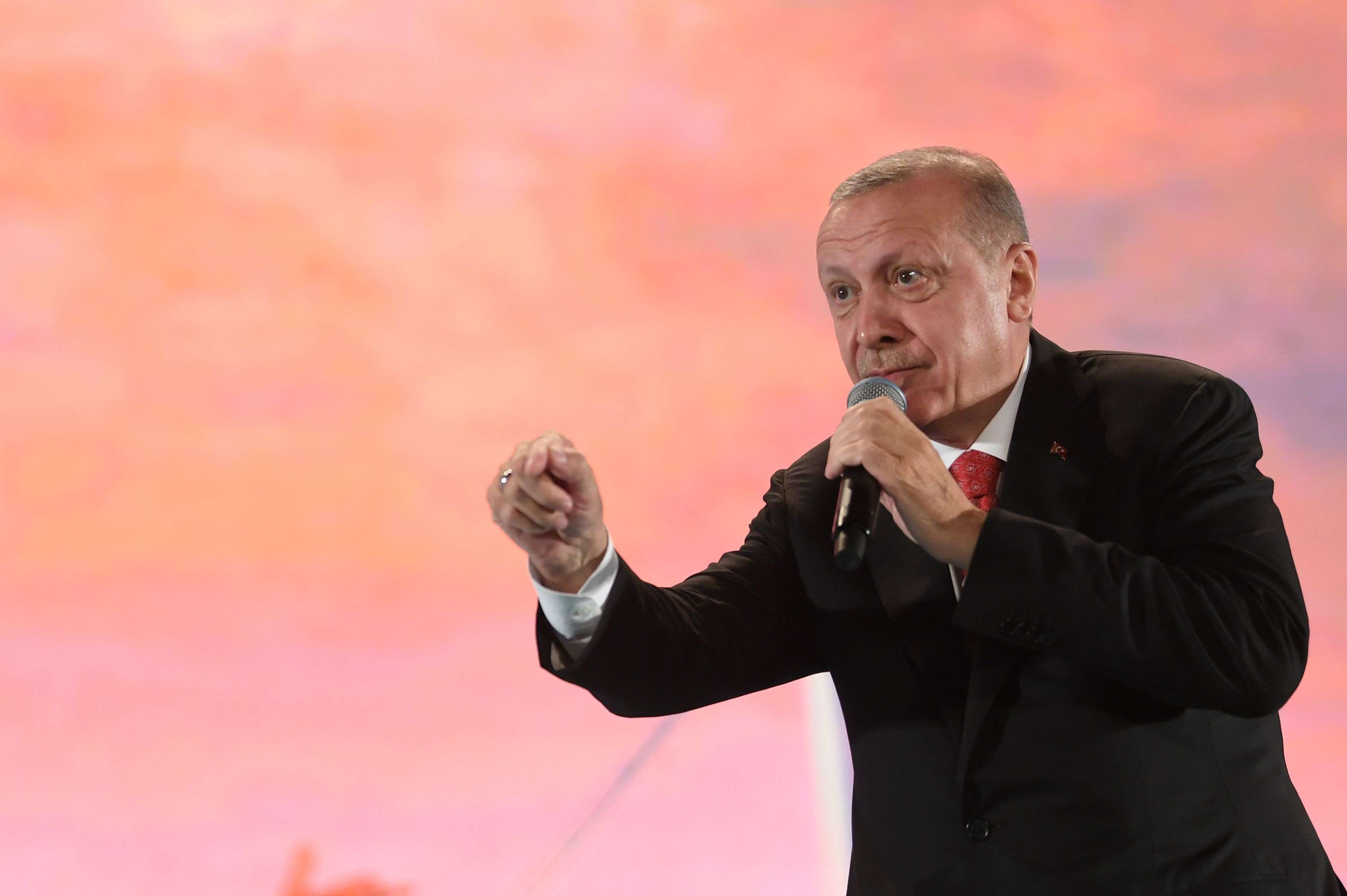Erdogan strikes defiant posture but crisis looms with US over Russian missile system
ISTANBUL — Turkey is facing the biggest crisis in its relations with the United States in decades over an arms deal with Russia but is determined to go ahead with it, analysts said.
Implementing a $2.5 billion agreement, Moscow began delivery July 12 of two batteries of its S-400 air defence system to Turkey. Antonov cargo planes from Russia landed at Murted Air Base near Ankara, a video published by Turkey’s Defence Ministry on Twitter showed.
The United States has threatened sanctions against Turkey under a law that punishes significant arms trade with Russia and is preparing to end Ankara’s participation in the programme to build and deploy the F-35 fighter jet. Reports said the Pentagon was taking steps to remove Turkey from the F-35-programme.
US officials said they fear Russia could use the S-400 in Turkey to improve the system’s abilities to track Western planes. NATO also said it was concerned.
Investors in Turkey have been unsettled by the deal. Following news of the S-400’s arrival, the Turkish lira weakened and the main Istanbul share index fell.
Turkish President Recep Tayyip Erdogan, after meeting with US President Donald Trump last month, said he was confident Turkey would not face sanctions for buying the S-400 despite the Pentagon formally telling Ankara to cancel the purchase by July 31 or be dropped from the F-35 programme.
Soner Cagaptay, of the Washington Institute for Near East Policy, said the S-400 “is about to cause what could be the greatest crisis in US-Turkish relationship in more than four decades.”
“My fear is that — if the US-Turkish relationship were to crash today — it would take an even longer time for the relationship to be reset and perhaps that reset could never come,” Cagaptay said by e-mail.
The S-400 agreement fanned concerns in the West that Turkey was moving closer to Russia. Cagaptay and other analysts said Moscow is looking for opportunities to weaken NATO. Russia is “driving a wedge between Turkey and the United States,” he said.
Aykan Erdemir, a senior fellow at the Foundation for Defense of Democracies, a think-tank in Washington, said Erdogan’s thinking was based on “the mistaken assumption that his personal rapport with Trump can shield him from a range of US sanctions.”
“Erdogan assumes that Trump is an all-powerful ruler who can dictate his will regardless of Congress and US laws,” Erdemir wrote in an e-mail.
“Ultimately, US-Turkish security and defence sector cooperation will be undermined for years, if not for decades, to come.
Cagaptay said it was possible Erdogan realised “he’s made a bad decision” by buying the S-400 but the Turkish president was in a bind.
If Turkey was to cancel the deal with Russia, Russian President Vladimir Putin would ask Turkey to leave Syria, potentially allowing the creation of a “statelet” run by the Kurdish People’s Protection Units militia, seen as a terrorist group by Ankara, Cagaptay said. Russia could also give the go-ahead for an offensive against Syria’s rebel-held Idlib province, triggering a new wave of refugees into Turkey.
On the other hand, Turkey is facing US sanctions if Ankara deploys the S-400. Turkey could face two sets of sanctions: exclusion from the F-35 project and punitive measures under the Countering America’s Adversaries Through Sanctions Act (CAATSA), which mandates sanctions for any “significant” purchases of weapons from Russia.
“Turkey will face real and negative consequences if they accept the S-400. Those consequences include participation in the F-35 programme,” US State Department spokeswoman Morgan Ortagus said. She also said Turkish officials were fully aware of CAATSA.
Ankara responded by warning the United States against taking the “wrong steps.”
“There is a pretty severe anti-Turkey mood” in Congress, Cagaptay said. Trump and Erdogan could “find ways to mitigate this crisis,” however. Erdemir voiced scepticism about the idea that the two leaders could hammer out a deal. Laws in Washington meant that “the US implements — with or without Trump’s blessing — a number of punitive measures against Turkey’s move to acquire military hardware from a sanctioned Russian entity,” he wrote.
“The US president could use his prerogatives to try to mitigate the crisis by softening or slowing down some of the measures but would not be able to block them fully.”
“For this crisis in the making, Erdogan has no one but his misguided policies to blame,” Erdemir said.
Thomas Seibert is an Arab Weekly contributor in Istanbul.






